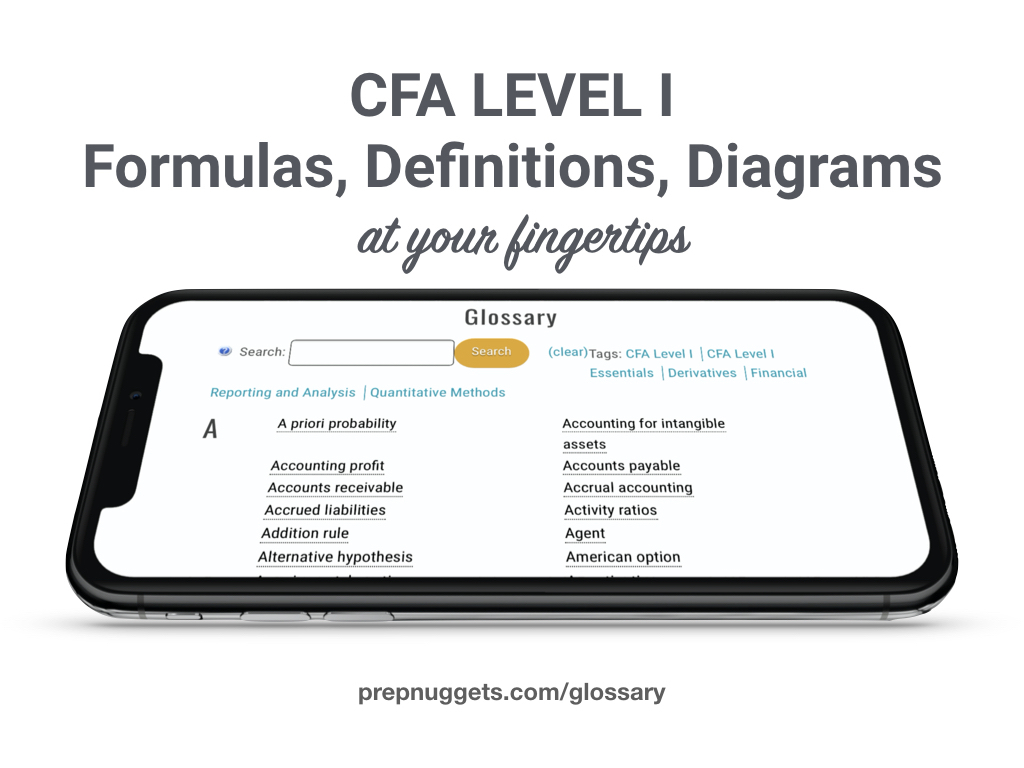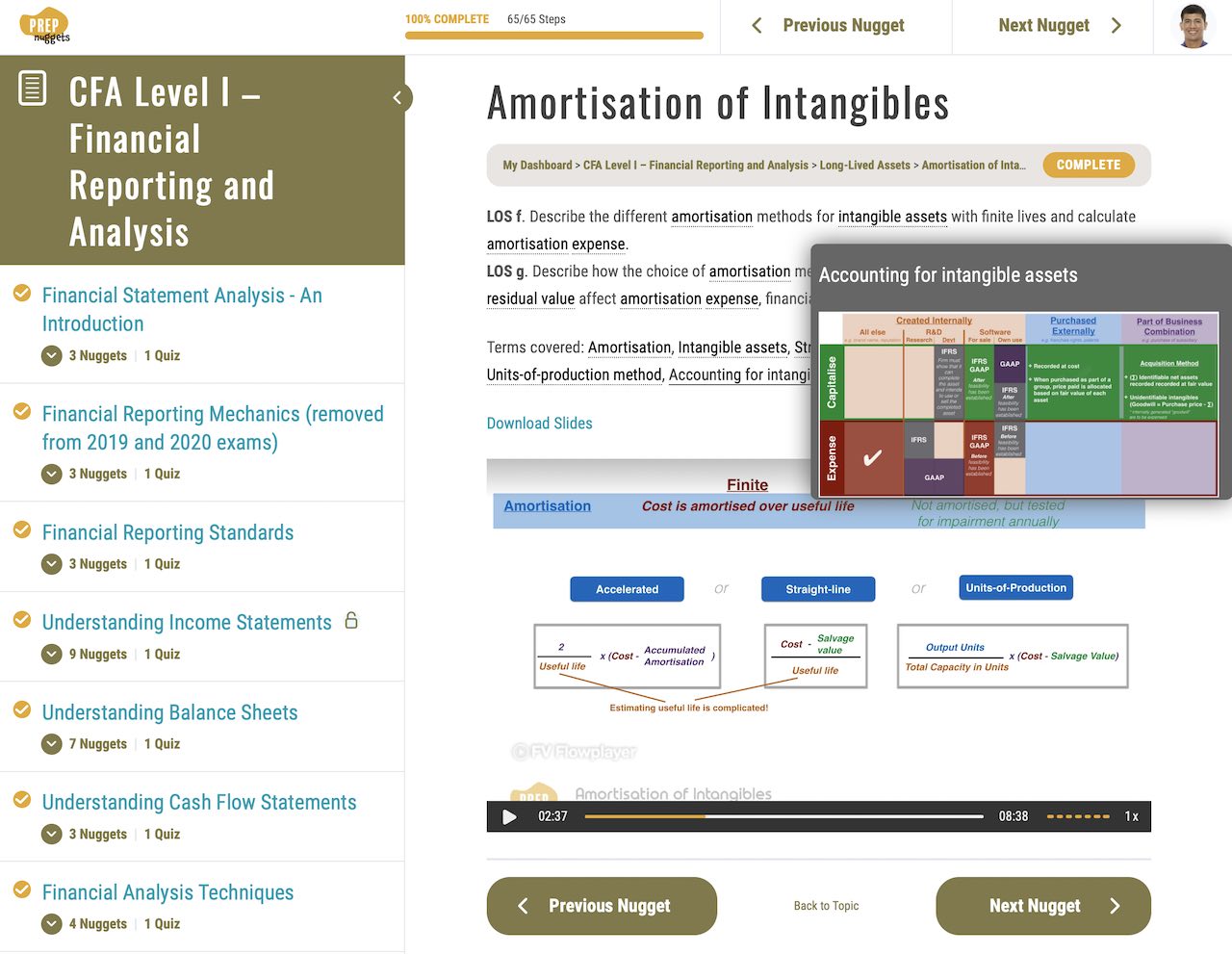Security that represent an ownership interest in a company. Shareholders have a residual claim on the company’s assets after all liabilities have been paid.
Most common stock do not come with any embedded options. In some cases, companies do issue stocks which are callable, or putable. Other things equal, putable shares are likely issued at higher prices than non-putable shares since the put option is of value to investors. Firms issue them if they want to raise more capital for the same number of shares issued. Conversely, callable shares are likely issued at lower prices to compensate investors for the call option which is a disadvantage them. Firms issue callable shares if they want the flexibility to repurchase the shares in the future at a fixed price.
Regardless of the type of common shares, firms are under no obligation to pay dividends to the common stockholders. The firm determines what dividend will be paid periodically. Besides, common stockholders are able to vote for the board of directors, on merger decisions, and on the selection of auditors. If they are unable to attend the annual meeting, shareholders can vote by proxy, which is to authorise someone to vote on their behalf.
Compare: Preferred stock
See also: Statutory voting, Cumulative voting










